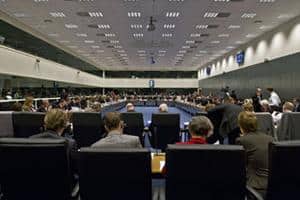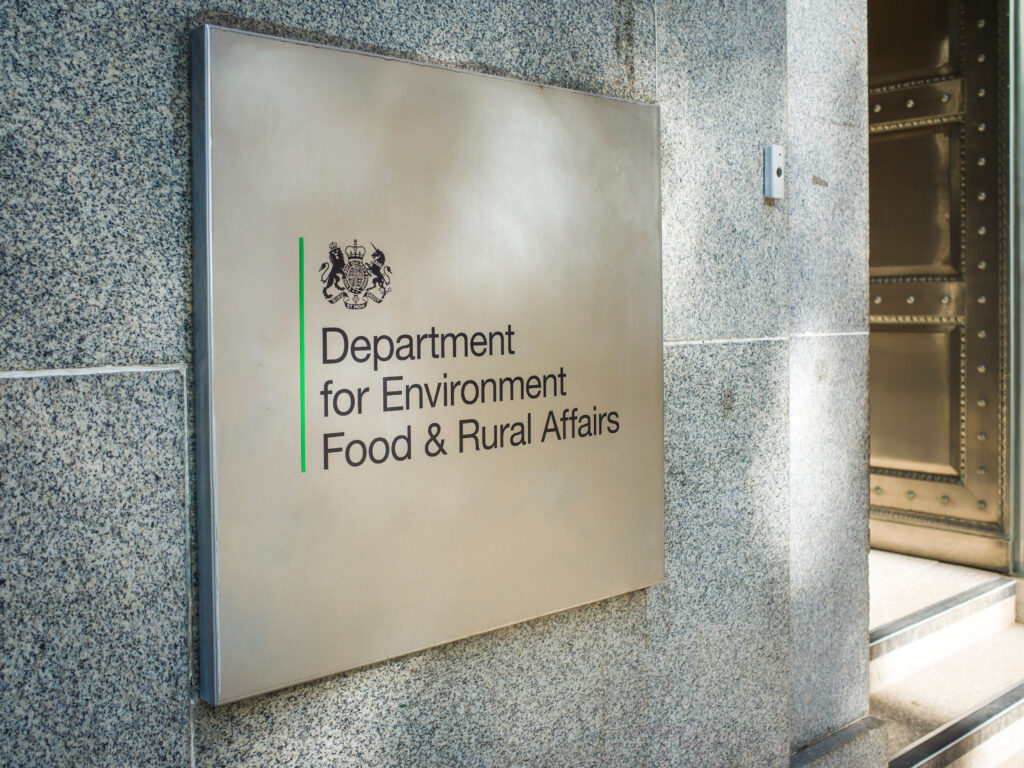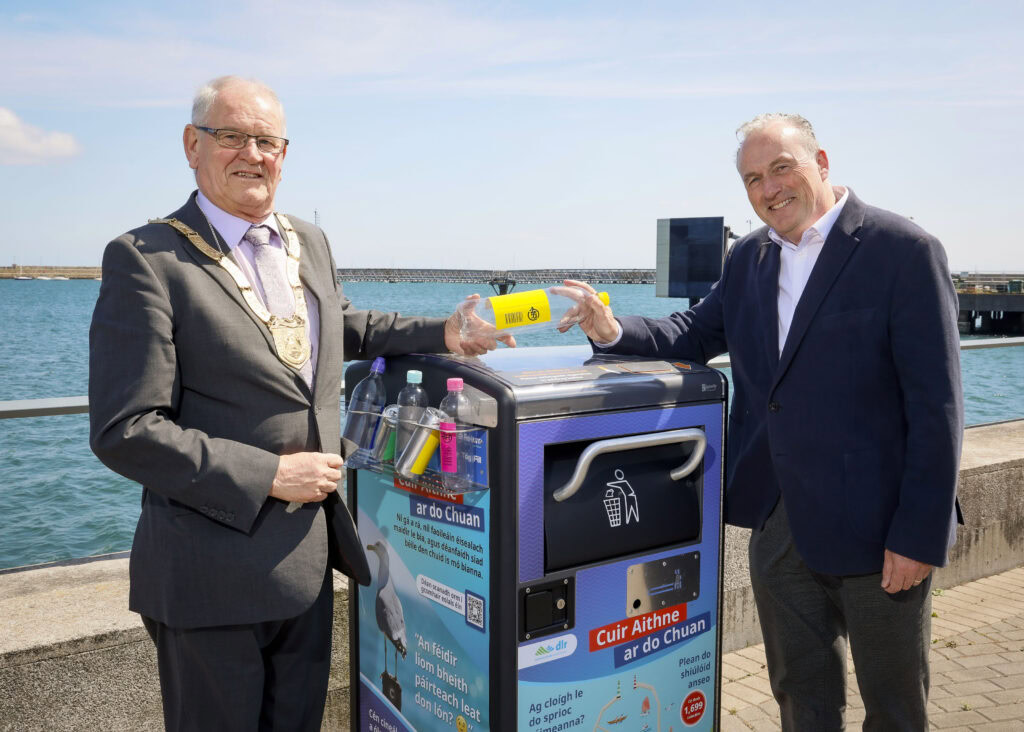The revised Directive will now be published in the Official Journal of the European Union in the next three to four weeks, after which point the UK will have two years to transpose it into law.
The Directive sets a revised framework for waste management in the EU, aimed at encouraging re-use and recycling of waste as well as at simplifying current legislation.
Chief among its requirements is a 50% target for household recycling and reuse and 70% target for non-hazardous construction and demolition waste, both of which must be reached by the UK by 2020.
Article 11 of the Directive, which describes this requirement, has aroused controversy, and it remains unclear whether green and food waste will count towards the goal.
However, in July 2008, Defra said that it believed it would include green and food waste (see letsrecycle.com story).
And, the UK has also stated that its interpretation of the Directive allows it to continue commingled collections “after 2015 where this is the most effective means of increasing recycling rates in the local circumstances” – after the Directive appeared to favour source-separated collections.
Hierarchy
Alongside the recycling targets, the Directive also lays down the five-step hierarchy of waste management options, with waste prevention as the preferred option, and then reuse, recycling, recovery (including energy recovery) and safe disposal, in descending order.
As a result, it classes “energy efficient” incineration as recovery, in an attempt to reduce consumption of fossil fuels.
Elsewhere, the Directive deals with the issue of 'end of waste', clarifies the idea of recovery, disposal and by-product, defines the conditions for mixing hazardous waste, introduces an “environmental objective” and moves towards establishing technical minimum standards for certain waste management operations.
It also encourages prevention of waste. Member States must design and implement waste prevention programmes, and the Commission is set to report periodically on progress concerning waste prevention.
The directive contributes to legal simplification by repealing the current waste framework directive (2006/12/EC), the directive on hazardous waste (91/689/EEC) and part of the directive on waste oils (75/439/EEC).
ESA
The approval of the revised Directive was welcomed by the Environmental Services Association, whose chief executive, Dirk Hazell, said: “ESA is delighted that the Council of Ministers has given their seal of approval to the new Waste Framework Directive today.
“Thanks to the brilliant steering of this Directive through the European Parliament by the Rapporteur, Dr Caroline Jackson MEP, it will now help to make Europe more economically and environmentally sustainable as we work to build Europe's Recycling Society,” he added.










[…] 2008, the EU set about getting to the nitty gritty and tackling excess waste with a ‘Waste Framework Directive.’ In layman’s terms, this is a long term strategy which for the UK, means […]